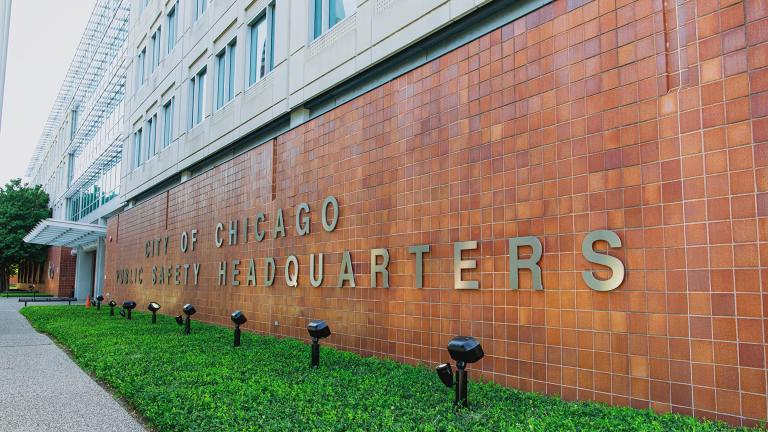The Chicago Police Department plans to adopt only five changes to its use of force policies out of 155 recommended by a community working group assembled this summer.
In a statement, CPD said it rejected ideas that had already been adopted, would contradict the city’s consent decree or state law, deemed not operationally feasible, or had nothing to do with the department’s use-of-force policy.
But working group members are now criticizing the entire process, some calling it a “sham” and a “squandered” opportunity.
“This was truly an opportunity to begin to build a good working relationship between police and community. And for lack of a better term, they squandered it,” said working group co-chair Arewa Karen Winters. “The city rose up, the city was present, and they squandered a golden opportunity to become a catalyst for community and police working together. It was a golden opportunity, and they failed.”
One of the five recommendations the city does plan to accept is changing the word “subject” to “person” in its use-of-force policies.
But University of Chicago Law professor and working group member Craig Futterman pointed to numerous other changes the group recommended that could have an immediate impact on reducing police violence in Chicago. They include prohibiting the use of force against peaceful protesters, and restricting the instances in which officers can point their gun at someone.
CPD Chief of Staff Robert Boik defended the working group, calling it an ongoing discussion.
“We are deeply committed to having meaningful dialogue as we work through the consent decree,” Boik said. “This is the first time CPD had every conducted a working group … and we are working to learn from this process so by the next time we do it, we can have, hopefully, a different process.”
Boik said Chicago police Superintendent David Brown is encouraging the department to take another look at the recommendations, to see if more could be adopted.
But Futterman says CPD’s response is a “smokescreen” to “check a community engagement box.”
“The vast majority of each and every recommendation are recommendations that could be implemented right now by the CPD in changing those various words that we talked about in CPD policy, and actually substantively changing CPD policy in ways that would reduce police violence, have clear rules in which officers could be help to account, and ultimately make us safer,” he said.
And while Winters says she’s disappointed in the process and outcome, she believes the effort was still worthwhile.
“I refuse to say it was a waste of time, because at the end of the day, what has happened is, we have still created a historical document regardless of what the police department has done with it, it is there,” Winters said. “The work is there. It’s not like the work is just going to disappear, so no, I don’t feel it was a waste of time.”








